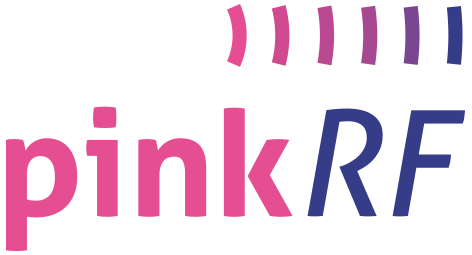RF Energy Basics Training
The RF Energy Basics training covers the basic understanding of RF Energy. The course is intended for non-RF electronic engineers and managers in general. Following the course will provide understanding to find your way in RF Energy with regard to your own system and suppliers interfaces. In the course we will discuss the following issues:
- Safety
- RF Energy Systems basics
-
- Signal source, amplifier, technologies, architectures
- Key parameters
-
- RF Interaction with matter
-
- Absorption, reflection, diffraction
-
- Dielectric heating
- Design flow
-
- Product, process, applicator, RF frequency choice
-
- Applicator basics
-
- Homogeneity, electromagnetic energy distribution, number of sources
-
- Introduction EM simulations
- Q&A

